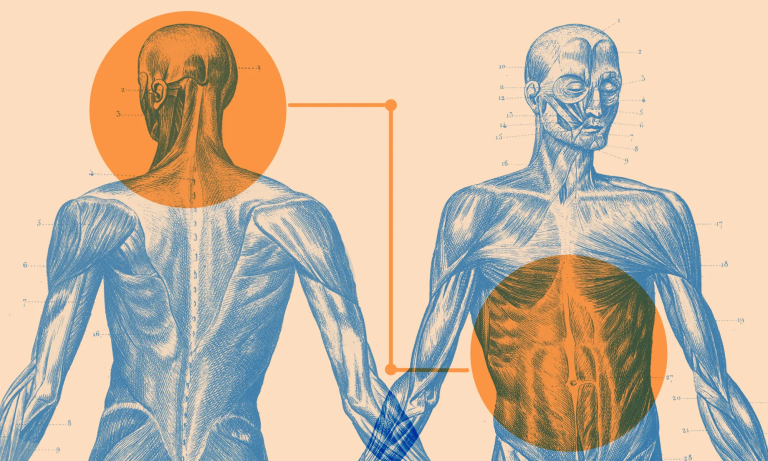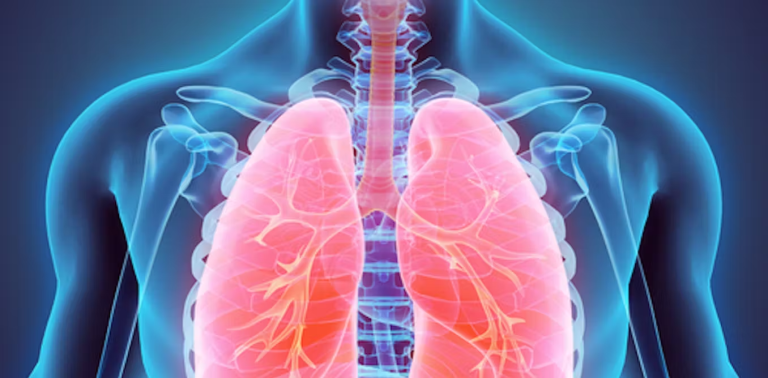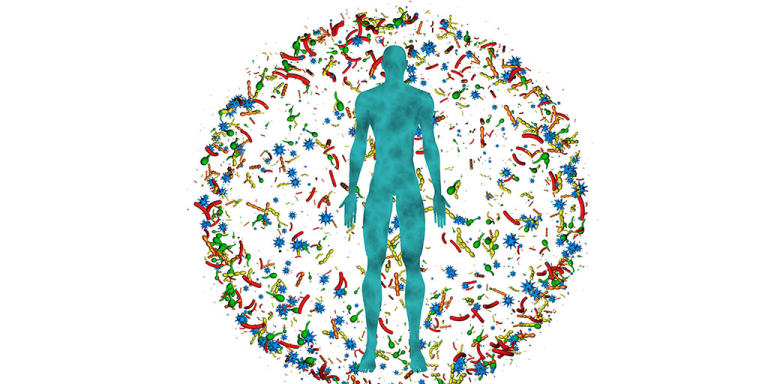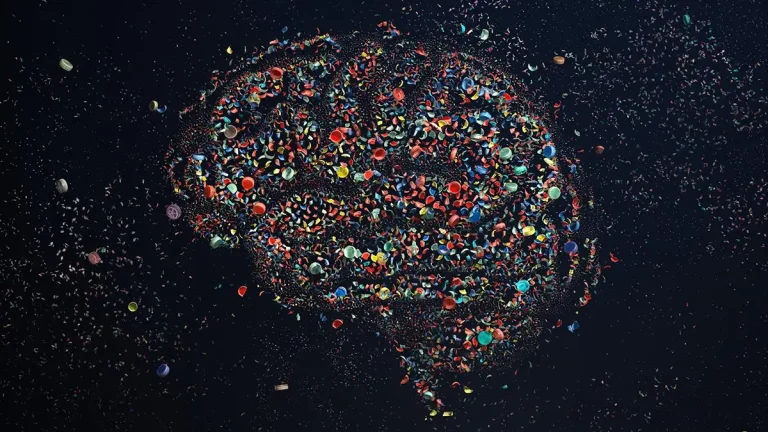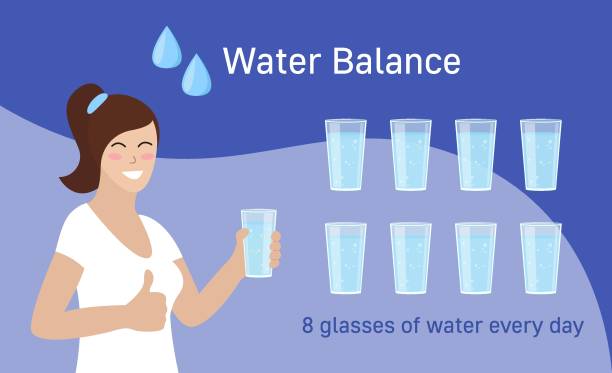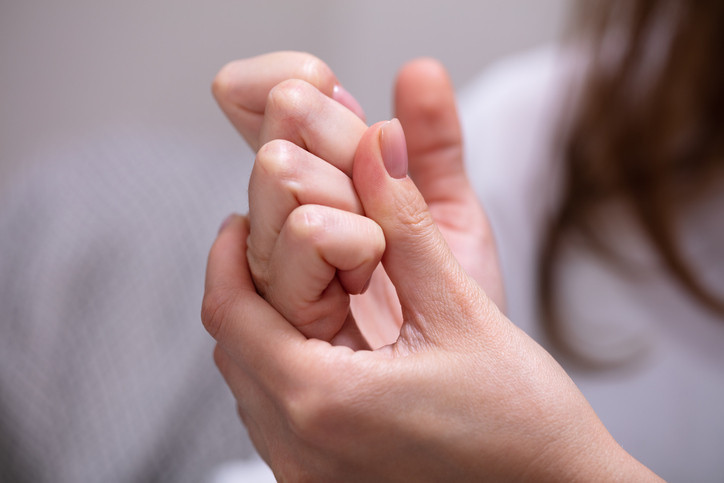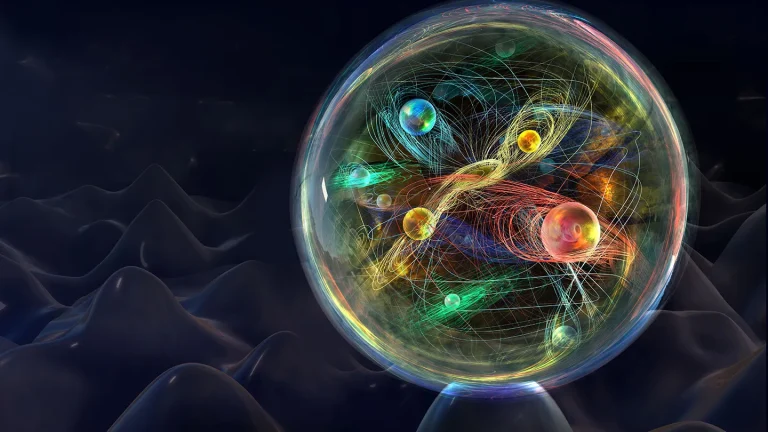Many people believe the stereotype that getting chilled or spending time in frosty air causes the common...
Human Body and Health
The human gastrointestinal system is often seen as a simple food processor—but recent science reveals it has...
Intermittent fasting (IF) has gained serious popularity as a go-to health strategy—but with that rise comes confusion....
Each time you take a breath, your lungs engage in much more than exchanging oxygen and carbon...
The human body is home to a vast and diverse community of microorganisms, collectively known as the...
In today’s world, health information is abundant, but not all of it is accurate. Many widely believed...
Recent research indicates microplastics—tiny plastic particles found in food, water and even the air—may disrupt the gut...
For decades, the belief that cracking your knuckles leads to arthritis has echoed through households and doctor’s...
The idea that everyone must drink exactly eight glasses of water a day is one of the...
Many people grow up hearing that cracking knuckles will eventually lead to arthritis. This belief has been...


